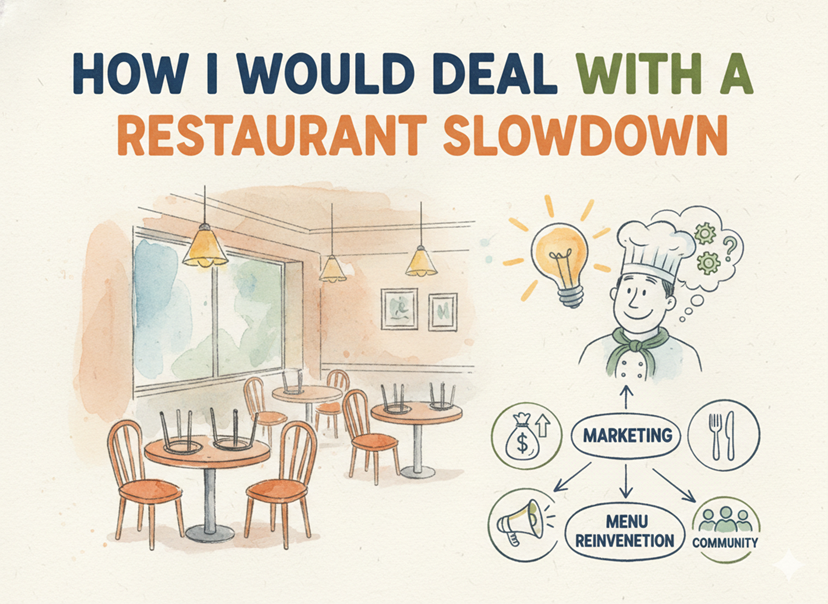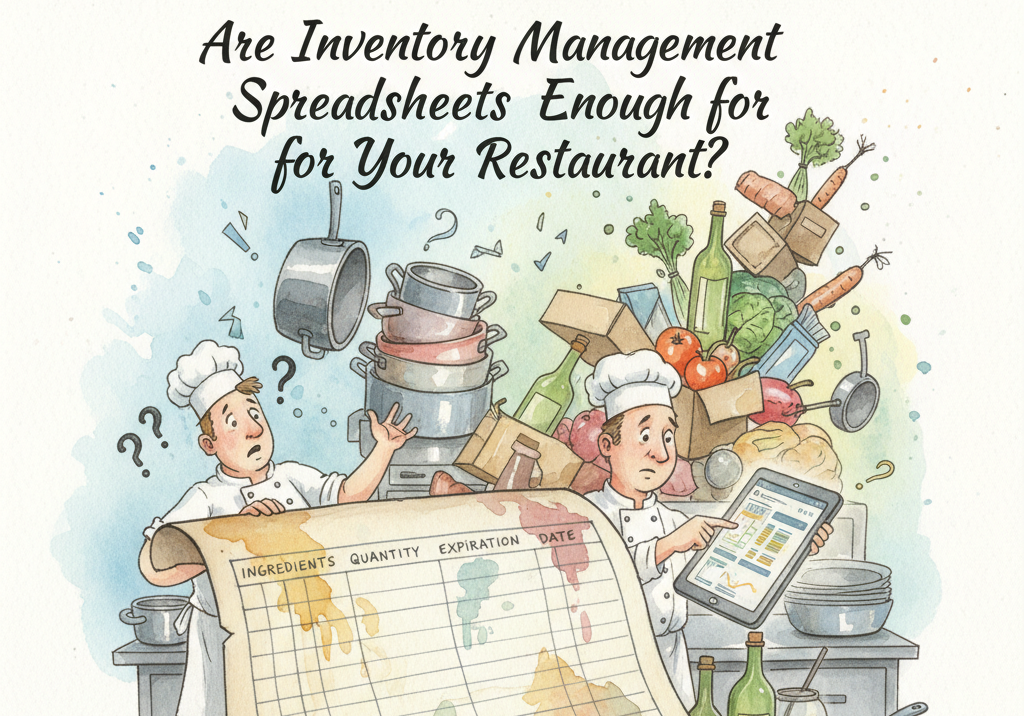If you serve food in Malaysia, you know how important it is to keep your place clean and safe. Health inspections can feel stressful, but they don’t have to be. If you follow the rules and stay prepared, you can pass every inspection without trouble. This guide will explain everything you need to know—why restaurant health inspections matter, how they work, and the best ways to make sure your restaurant meets all requirements.
Why Restaurant Health Safety Inspections Are So Important
Failing a health inspection can cause big problems for your business. You might get fined, lose customers, or even be forced to close temporarily. On the other hand, passing with a good score builds trust with your customers. People want to eat at places that follow hygiene rules.
In Malaysia, food safety is taken very seriously. According to the Ministry of Health, there were 10,618 cases of food poisoning in 2022. Many of these cases happened because of poor hygiene in food businesses. When inspectors visit your restaurant, they check for risks that could make people sick. If you keep everything clean and follow food safety rules, you protect your customers—and your business.
How Health Safety Inspections Work in Malaysia
Inspections are carried out by local health departments and the Ministry of Health. Inspectors can arrive at any time without warning, so you must always be ready. They use a hygiene inspection checklist to check different parts of your restaurant.
They will look at how you store and handle food, the cleanliness of your kitchen and dining area, whether your staff follow hygiene rules, how you manage waste and control pests, and the condition of your equipment and facilities.
After the inspection, you will get a report with your score. If there are problems, you will need to fix them quickly. If everything is good, you will pass without issues.
Tips to Pass a Restaurant Health Inspection Every Time
Keep Your Restaurant Spotlessly Clean
A dirty restaurant is the fastest way to fail an inspection. Inspectors check every corner—floors, walls, countertops, equipment, and even storage areas. Grease buildup, food spills, and dirty utensils are big red flags.
Clean your kitchen every day. Use food-safe sanitizers on surfaces where food is prepared. Don’t forget hidden spots like under fridges, behind shelves, and inside storage boxes. A deep cleaning schedule helps keep everything in top condition.
Train Your Staff on Food Safety Rules
Your team must know how to handle food safely. Teach them the 5 golden rules of food safety:
First, always keep hands, utensils, and surfaces clean. Second, separate raw and cooked food to avoid contamination. Third, cook food thoroughly to kill bacteria. Fourth, store food at safe temperatures—cold food below 5°C and hot food above 60°C. Fifth, always use fresh ingredients and clean water.
Regular training keeps everyone updated. Make sure new staff learn these rules before they start working.
Store Food the Right Way
Improper storage leads to spoilage and contamination. Raw meat, seafood, and poultry should be kept in sealed containers at the bottom of the fridge. This prevents juices from dripping onto other foods.
Label all food with dates so you don’t use expired items. Check fridge and freezer temperatures daily. If your fridge is too warm, bacteria can grow quickly.
Control Pests Before They Become a Problem
Rats, cockroaches, and flies spread diseases. Inspectors will look for signs of pests, such as droppings or chew marks.
Seal cracks in walls and floors. Keep trash bins tightly closed. Schedule regular pest control treatments. If an inspector sees even one pest, it can lead to a violation.
Manage Waste Properly
Food waste attracts pests and creates bad smells. Use strong, lidded bins and take out the trash often. Keep waste areas away from food preparation zones.
Keep Your Equipment in Good Condition
Broken fridges, leaking pipes, and faulty exhaust fans can cause health hazards. If something isn’t working, repair or replace it quickly. Inspectors check if your equipment is safe and functioning properly.
Maintain Proper Records
Inspectors may ask for documents like staff training records, pest control reports, and equipment maintenance logs. Keeping these records organized shows that you take food safety seriously.
What Happens During a Restaurant Health Inspection?
When an inspector arrives, they will check several key areas:
Food Handling and Storage
They will see if food is stored at the right temperatures. They will check for cross-contamination risks, like raw meat stored above ready-to-eat food.
Kitchen Cleanliness
Inspectors look for dirt, grease, and food residue on surfaces, floors, and equipment.
Staff Hygiene
Employees must wear clean uniforms, hairnets, and gloves when needed. They should not wear jewelry that could fall into food.
Pest Control
Inspectors check for signs of pests and whether you have preventive measures in place.
Waste Disposal
Trash must be stored properly and taken out regularly.
Water Supply and Sanitation
The water you use for cooking and cleaning must be safe. Sinks must have soap and handwashing signs.
FAQs About Health Safety Inspections in Malaysia
Restaurant health safety matters for your restaurant because you need to serve safe food that doesn’t mess with your customers’ health. By following these tips, you can make sure your restaurant meets all standards. Stay clean, train your team, and always be ready for an inspection. Your effort will pay off with happy customers and a successful business.
Stay safe, and keep serving great food!




